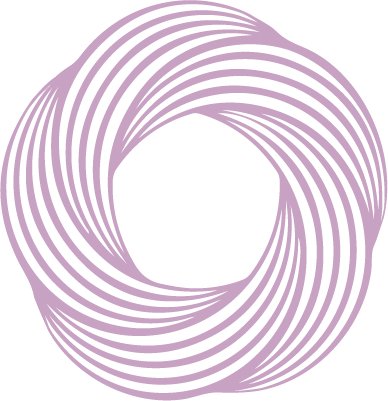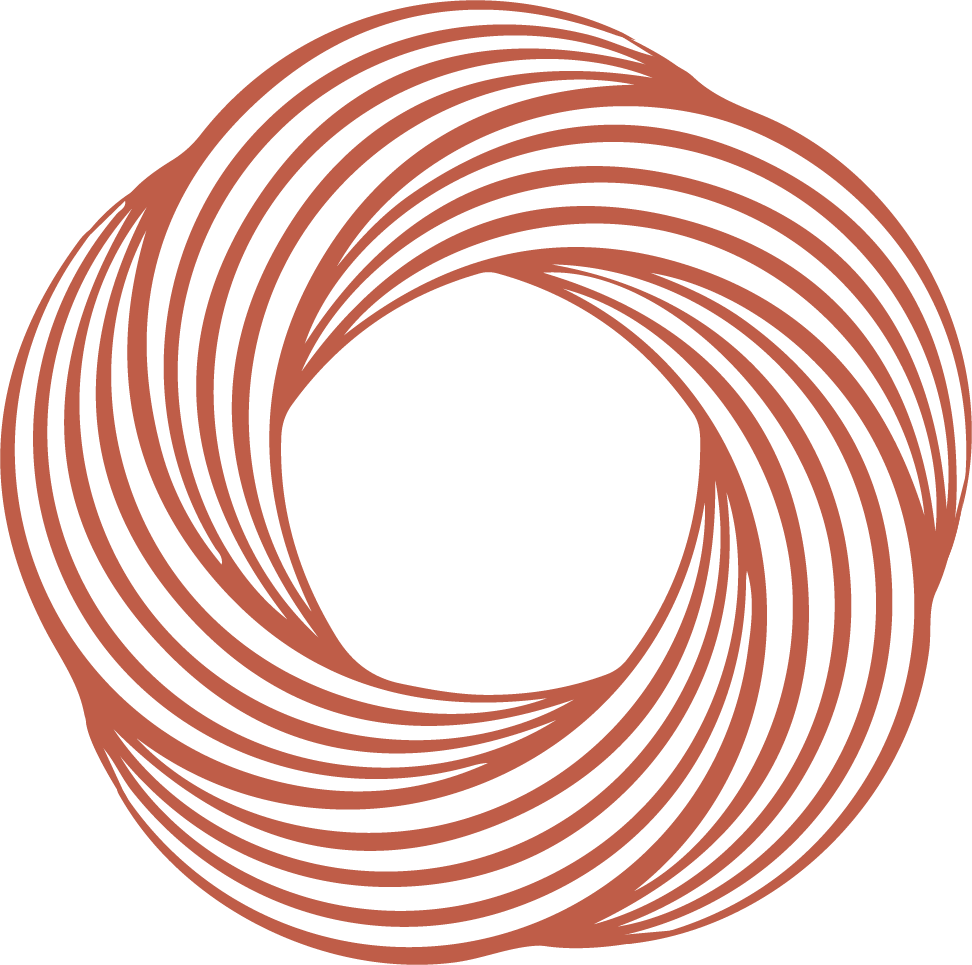
We’ve all heard it in yoga classes- “Breathe!” and when given the instruction, we do often pay more attention to the breath, at least for a time. So often our attention is mainly on the physical body during practice because there is so much sensation happening there. We just can’t help it. Certainly, having a heightened awareness of the physical body is essential. When our awareness of what is happening in the body expands we are more perceptive about when we are in harmony and when we are not. Our health and well-being depends on the quality of our perceptions and intelligence about the physical body.
If you think about what powers the physical body and gives it energy, you will realize that it is the pranic body via the breath that gives us life. Bringing the two together is a type of yoga: a connection. There is a deep magic in the combination of the yoga asanas and the flowing breath that is like nothing else. Basic breathing in postures is good, it is in fact essential; but focused breathing and refined breathing in connection with the body is even better. But how do we get the breath really involved in the practice?
Our word for this breath-connected practice is Ujjayi, the Breath of Victory. Engaged Ujjayi is essential to the next level of practice; being able to do Ujjayi during most or all of yoga practice is a sign that your basic mastery of yoga is progressing. In our Yoga System, Ujjayi is not necessarily the sound that happens as you breathe, Ujjayi is the flowing, connected, rhythmic breath that supports the postures. To some committed Yogis, Ujjayi even supports them when they are not doing yoga. Ujjayi breath can be done while walking, sitting, reading, shopping, making love, sleeping or nearly any other basic human activity. Ujjayi is a way of life for the Yogis.
Try this practice: Before you start the postures, start your yogic breathing first. Sit down, get comfortable and gradually engage Ujjayi breath for 5 minutes before you even start the Vinyasa practice. Use the power of the belly to stabilize and deepen the breath. Use your mind to engage your attention to the breath and its movement. Use your senses to feel the breath move in and out of your body. Look inside and watch the breath move. Practice a sustained attention on the breath and its movements and qualities.
After this first practice, start to move slowly and gently with the Ujjayi breath still engaged, still flowing, uninterrupted. Do not let your movements disrupt your flowing breath. Commit to the breath and its rhythm and allow that to support the body and its movements. Remember that the body is dependent on the breath for life. Breath is the support for the body, nurture that support!
As your Vinyasa develops, it gets gradually more intense until you start doing your standing poses and your more dynamic postures. Even when things get heavier and more intense, don’t sacrifice the breath for speed, movement or depth. Stay with your Ujjayi. Nurture it. If you overstep your breath and lose the flow, back up a bit and reestablish it and then reengage the posture you were trying to do. Train yourself to be a breath-based Yogini. If you do this, your body will open, strengthen and harmonize.
Remember, the breath can tell you everything about what is happening within you, in body and in mind. Refine the breath and you will refine the body; refine the breath and your will refine the mind. Breath is life. Breath is Yoga. So next time the teacher yells out “Breathe!” in class you can say to yourself with true confidence “I am breathing.”
In our 200 Hour Yoga Teacher Trainings and our Advanced 100 Hour Modules, we teach a breath-based yoga that includes a comprehensive breath system called Swara Yoga. Swara Yoga helps every Yogini (regardless of experience) the beauty and art of yogic breathing and Pranayama. Swara Yoga is a special and unique system of Yogic breathing that you will not find in other schools. If you are a teacher, it is a very powerful tool to help you effectively teach breath to your students. Join us on a Teacher Training or 100 Hour Module soon and learn the art of breath and posture!
If you are interested in breath and Prana, join us in Portugal for our Prana and Pranayama 100 Hour Module. It’s a unique experience of yogic energy work and breathing that will transform your practice.

